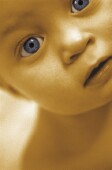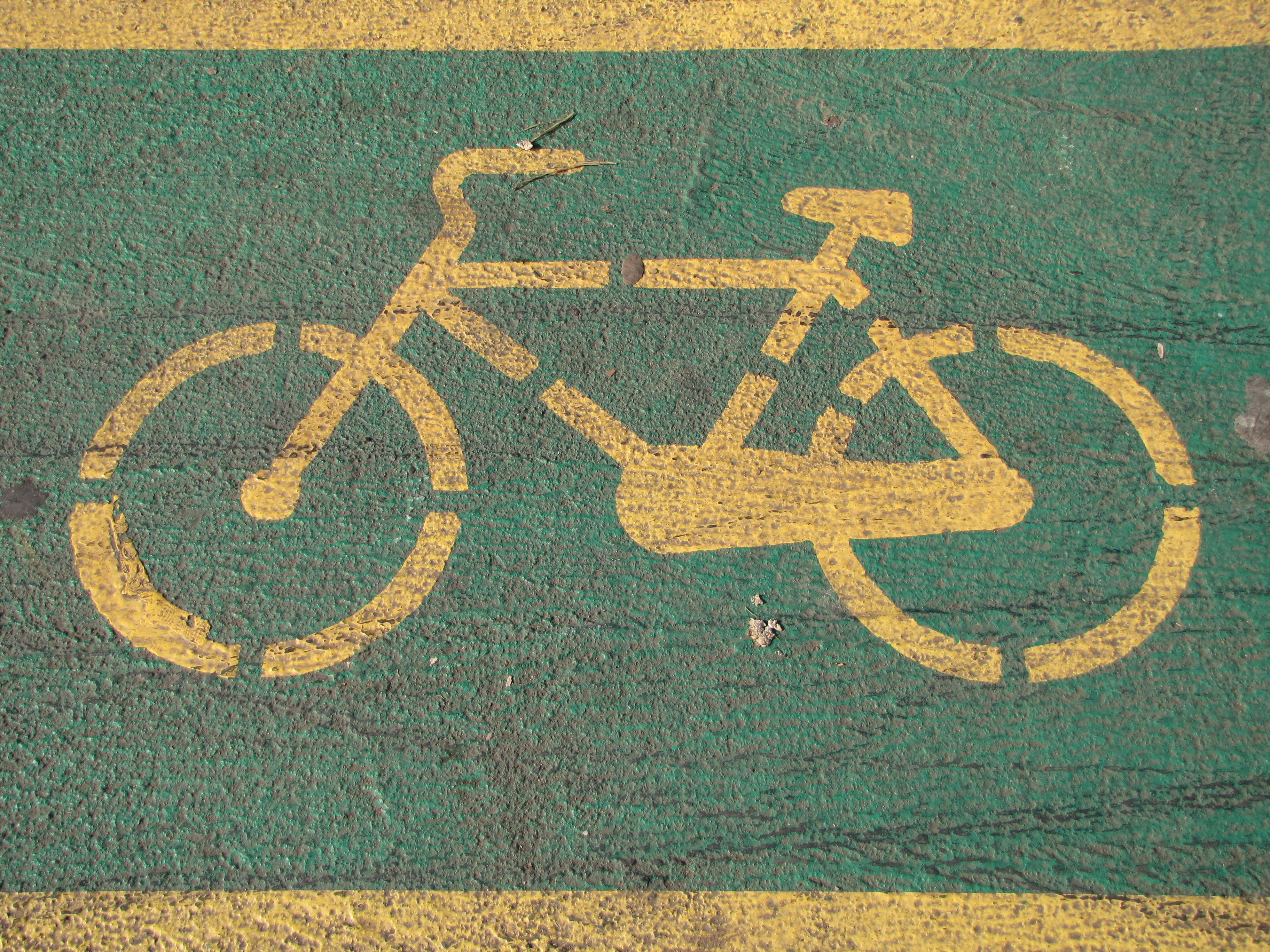
WEDNESDAY, Sept. 7 (HealthDay News) — Babies living in bilingual homes have a longer period of time when their brain is flexible to different languages than infants living where just one language is spoken, researchers say.
The new study looked at infants living in bilingual (English and Spanish) and monolingual homes (English or Spanish), and found that the brains of babies in bilingual homes remained flexible to languages until they were 10 to 12 months old, compared with 6 to 9 months for babies in monolingual homes.
The extended brain flexibility of bilingual infants may be due to their exposure to a greater variety of speech sounds at home, the University of Washington researchers suggested.
The investigators also found that the relative amount of English or Spanish the babies were exposed to affected their vocabulary as toddlers. For example, the more Spanish they heard as infants, the more Spanish words they knew when they were 15 months old.
The study was published online Aug. 17 in the Journal of Phonetics.
“The bilingual brain is fascinating because it reflects humans’ abilities for flexible thinking — bilingual babies learn that objects and events in the world have two names, and flexibly switch between these labels, giving the brain lots of good exercise,” co-author Patricia Kuhl, director of the UW’s Institute for Learning & Brain Sciences, said in a university news release.
Learning more about the brain mechanisms that enable infants to learn multiple languages could help boost bilingualism in adults, she and her colleagues said.
More information
The Linguist List has more about bilingual and multilingual children.

